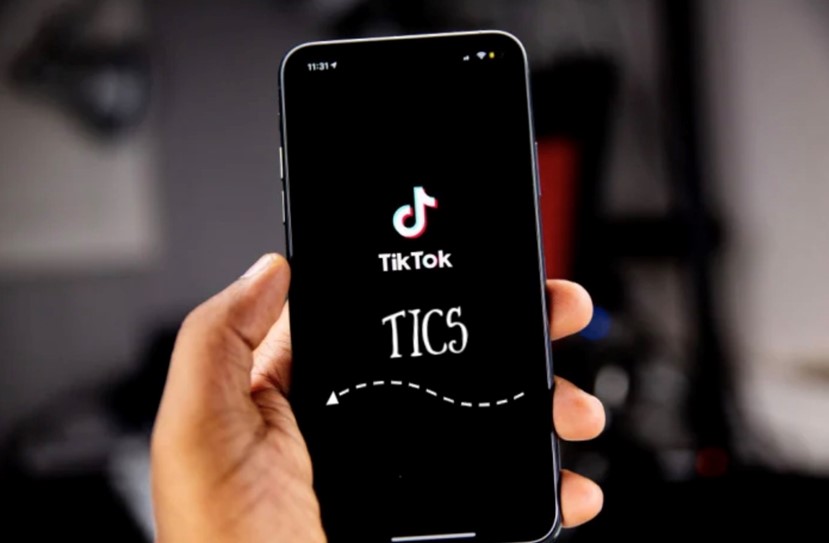Worum geht es?
Since the COVID-19 pandemic, there has been a dramatic rise in sudden-onset severe tic-like attacks in teenagers, predominantly in girls. Some medical experts have controversially designated the rise of tic-like attacks as a new type of “mass psychogenic illness” (i.e., mass hysteria) that they claim to be inadvertently triggered by exposure to videos of influencers with tic-like symptoms on social media platforms. Whereas the general media have uncritically taken up such still unproven conjectures, my contribution draws attention to alternative medical interpretations of tic-like attacks in teenage girls (and boys).

Was findest du/ihr besonders spannend daran?
I am especially drawn to the problematic ethical implications of attributing teenagers’ (possibly stress-related) medical problems to mass hysteria and thus branding them as self-inflicted, imaginary, and even feigned.
Was hat dich/euch selbst am Thema überrascht?
I was surprised by the fact that the gender stereotypes that have for centuries been attached to physical symptoms that lack a clear-cut medical explanation are still so strong and widespread. And I was just as surprised by the latent fear of social media.
Was hat dich zuletzt an deiner wissenschaftlichen Arbeit zufrieden gemacht?
I am pleased about the recent publication of my PhD Thesis in the open-access format.
Worauf freut ihr euch/freust du dich auf der INSIST-Tagung am meisten?
I especially look forward to lively in-person discussions with colleagues.
